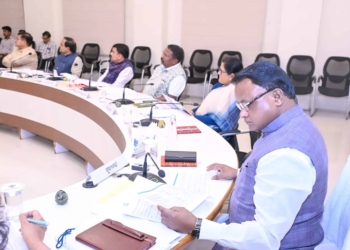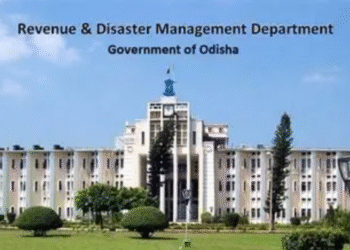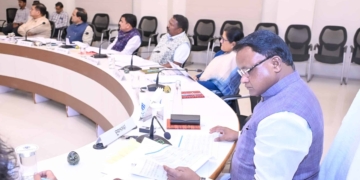India is witnessing a renewed surge in Covid-19 cases, leading to a sharp increase in Outpatient Department (OPD) visits across several states.
As per the Indian Council of Medical Research (ICMR), currently circulating Omicron subvariants—LF.7, XFG, JN.1, and NB.1.8.1—are mostly causing mild symptoms, but the rise in cases has triggered heightened surveillance and preparedness.
Doctors report that the current wave of Covid-19 presents flu-like symptoms: low-grade fever, dry cough, nasal congestion, hoarse voice, body ache, and throat discomfort. Gastrointestinal issues such as nausea and diarrhoea have also been noted. Dr. Dhiraj Bhattad from Sir HN Reliance Foundation Hospital remarked that while Covid and flu symptoms overlap, loss of taste and smell remains a distinguishing marker for Covid-19.
States such as Maharashtra (Mumbai, Navi Mumbai) and Haryana have reinforced healthcare infrastructure:
-
Navi Mumbai: Officials confirmed stockpiling of medicines, oxygen beds, PPE kits, N-95 masks, and surgical supplies.
-
Haryana: Hospitals have set up flu corners, dedicated Covid isolation wards, and are ensuring availability of antibiotics and testing kits.
-
PGIMER, Chandigarh has activated special Covid wards, including ICUs and high-dependency units (HDUs).
Dr. Sanjay Jain, Dean of Research at PGIMER, advised elderly and immunocompromised individuals to avoid crowds and maintain proper hygiene. He cautioned against self-medication and urged people to consult doctors promptly for symptoms like fever, cough, or diarrhoea.
Masks are once again recommended in crowded spaces and healthcare settings to prevent further spread.
Though the current Covid wave is largely mild, health authorities are not taking chances. With rising monsoon-related illnesses, distinguishing flu from Covid remains clinically challenging, and preparedness is key to avoid healthcare strain.





























